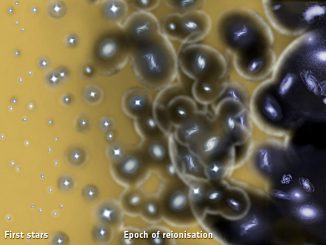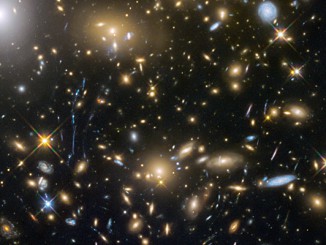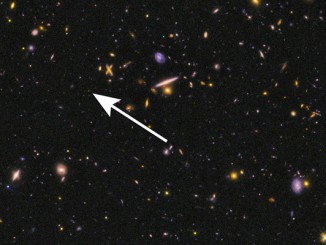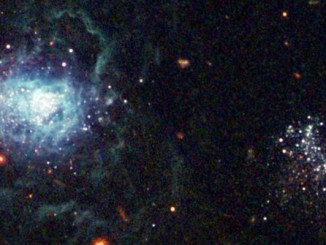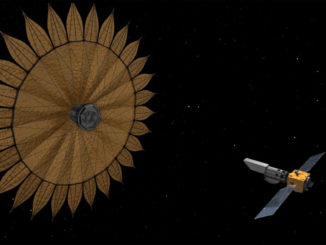
Study teams comb through NASA’s wish list for new telescope
Scientists outlining four concepts for a powerful new space telescope that could launch in the 2030s this week said improvements in optics, detectors and access to huge new rockets like NASA’s Space Launch System could revolutionize the way astronomers observe potentially habitable planets, black holes, and the earliest galaxies in the Universe.

